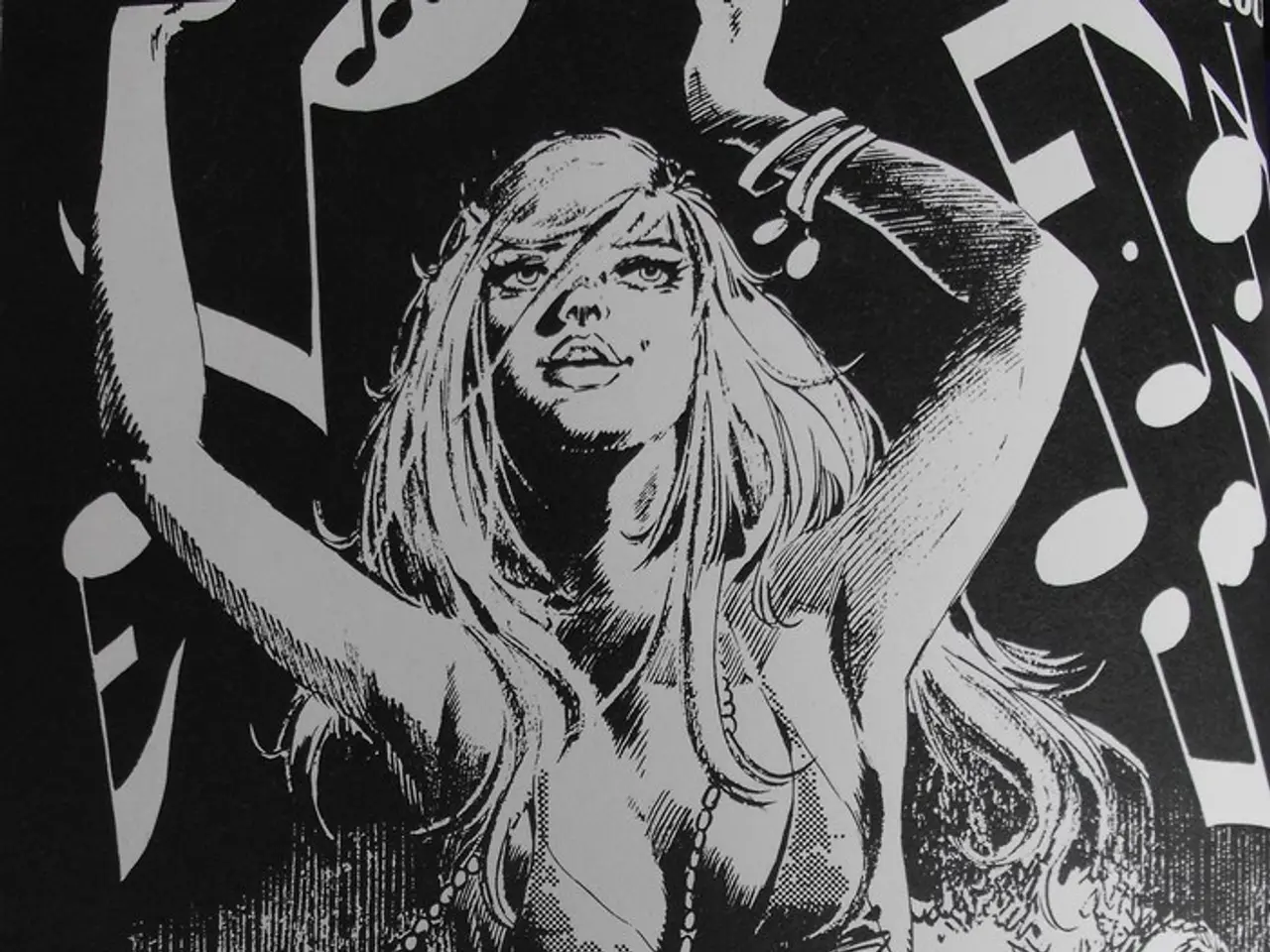Exploring the various links between the world of performing arts and criminal organizations
==================================================================
In the world of performing arts, the glamour and elegance often mask a more sinister underbelly. From the jazz clubs of New Orleans to the grand stages of the Metropolitan Opera, the entanglement of organized crime and the arts has been a recurring theme.
In the early 20th century, the Met's star tenor, Enrico Caruso, found himself in the crosshairs of the Black Hand, a criminal extortion racket. Despite handing over money to the gang, Caruso continued to receive threatening letters demanding more and threatening harm to his family or his vocal cords. As a result, he always traveled with a bodyguard for the rest of his life.
The jazz era saw nightclubs, particularly those in New Orleans, becoming attractive investments for mobsters due to their cash-based nature and fluctuating income. Louis Armstrong began his career playing at Matranga's, a mob-run club. Joe Glaser, Armstrong's business manager, had known ties to Al Capone.
The opera company at the core of the play The Understudy, Brio, also has ties to organized crime. The artistic director resorts to gimmicks and shady funding to keep the company afloat, including operas based on pop-culture properties. Unfortunately, this is unlikely to work for long.
Brio's financial incentives are not unique. Opera companies, including those in the highest echelons, have a vested interest in keeping wealthy patrons supplied with young dancers. These patrons donate to keep the company afloat, creating a system that can exploit vulnerable, impoverished teenagers.
In the 19th century, the Paris Opera Ballet operated as much as a brothel as a traditional ballet company, with wealthy patrons purchasing sexual services from the dancers. This sordid history is a stark contrast to the elegance and grace the ballet is known for today.
The Bolshoi Ballet in Moscow has also been embroiled in numerous scandals, including allegations of money laundering, gambling, unlawful sex work, and dancers being expected to sleep with wealthy oligarchs. The American opera singer Beverly Sills, who had an engagement with the Bolshoi Ballet in the 1990s, married a mafia enforcer.
The recording industry also held an appeal for mobsters, who boosted record sales through bribes to disk jockeys and radio executives. Tommy James, lead singer of Tommy James and the Shondells, claims his record label, Roulette Records, was fully owned and controlled by the Genovese crime family.
The arts world has not been immune to the #MeToo movement. Plácido Domingo, a legendary tenor, has seen his career marred by allegations of sexual misconduct, some of which have skirted into the world of organized crime. He was linked to an investigation into a sex trafficking ring in Argentina.
Brio faces a looming crisis in the form of a loose-cannon understudy willing to murder her professional rival to secure a role. This is a stark reminder that the world of opera, like any other, is not immune to the darker aspects of human nature.
Deals with criminal enterprises rarely turn out well, even for top-tier performing-arts talent. The arts world must confront these issues head-on to ensure a brighter, more ethical future. Opera, in particular, is in danger of obsolescence, thanks to an aging base of supporters and an inability to attract new, younger patrons. It is crucial that the arts world learns from its past and works towards a more inclusive and ethical future.
Read also:
- Peptide YY (PYY): Exploring its Role in Appetite Suppression, Intestinal Health, and Cognitive Links
- Toddler Health: Rotavirus Signs, Origins, and Potential Complications
- Digestive issues and heart discomfort: Root causes and associated health conditions
- House Infernos: Deadly Hazards Surpassing the Flames








